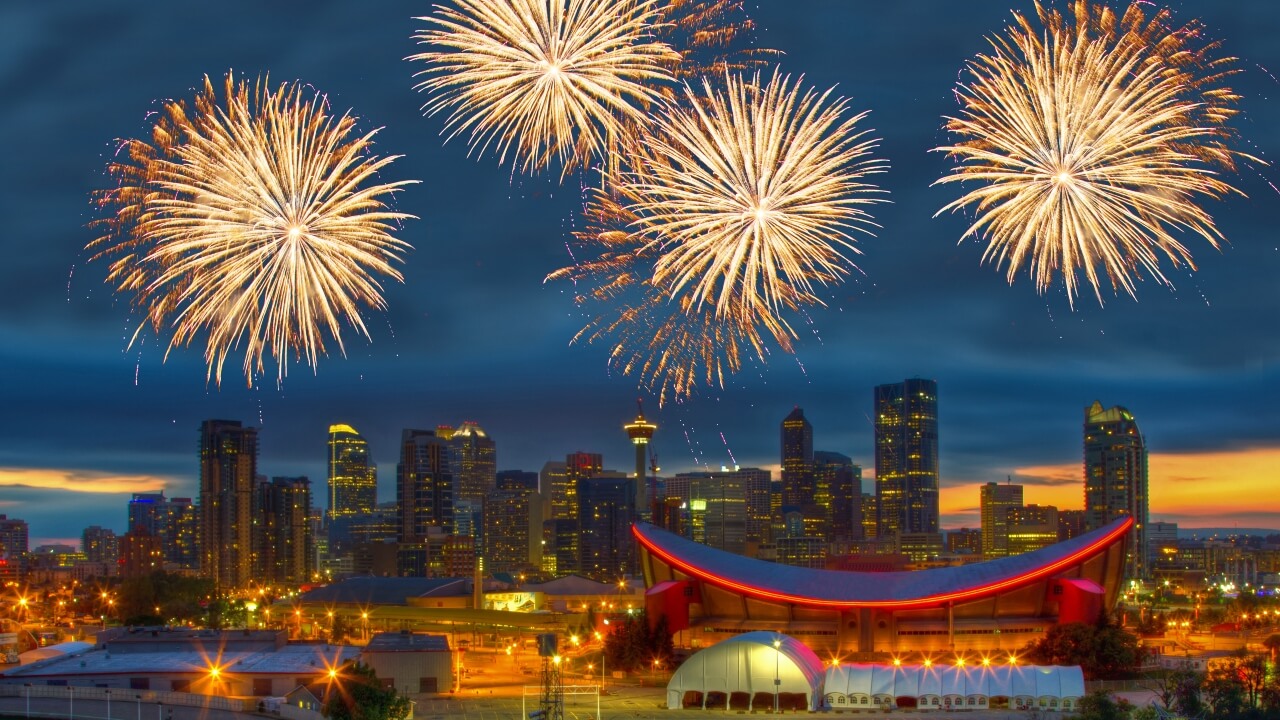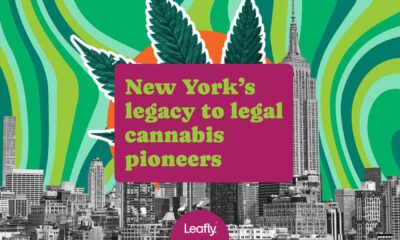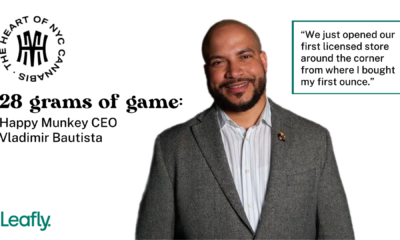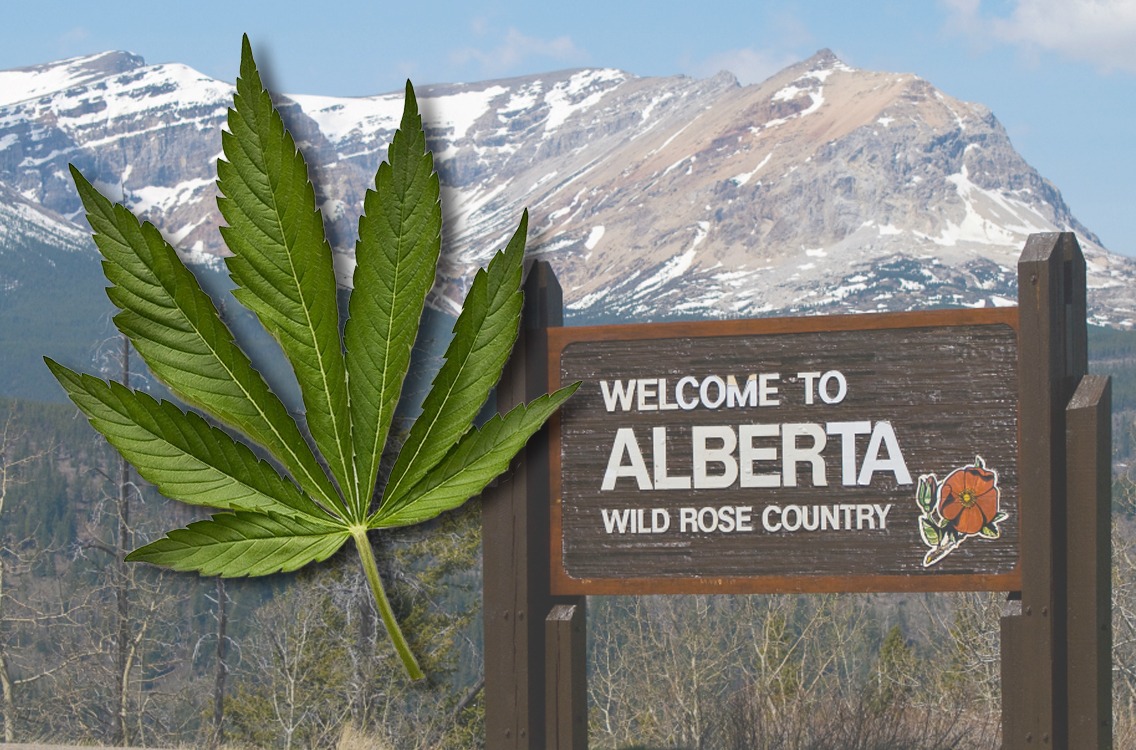What’s the state of cannabis in Alberta? According to the headlines, not great. Calgary-based SNDL, previously known as Sundial Growers, is cutting nearly 100 jobs as part of an industry-wide reduction.
“Oversupply and excess capacity have resulted in high-quality flower being widely available and sold well below the marginal cost of production,” SNDL Zach George said in a statement Monday.
The news comes as other large producers have realized that they overextended themselves. Edmonton-based Aurora announced last year that they were laying off 12% of its staff and closing down three facilities.
Some critics say the Alberta cannabis market is oversaturated. Alberta is Canada’s fourth-largest province by population size, but its cannabis market is comparable to Ontario‘s.
But while we can attribute some of this growth (and subsequent pull-back) to Ottawa’s legalization policy that emphasized selling equity instead of cannabis, the fact remains cannabis in Alberta is creating value.
Cannabis in Alberta: Tax Advantages
When it comes to cannabis in Alberta, Randy Rowe, President of Grow Up Conference, understands the potential but also the risks involved.
The Grow Up Conference attracts industry leaders, from licensed producers to craft growers, influencers, and professionals. And for the first year, the business expo is in Edmonton, Alberta.
“There are a lot of things in Alberta that are very favourable for cannabis,” Randy tells CLN over the phone.
With a robust agricultural community and an annual Stampede rodeo, Alberta has a reputation as Canada’s “Texas,” meaning, you expect more beer and whiskey drinkers than cannabis consumers.
But this is one stereotype that has proven untrue. “The communities are welcoming of cannabis,” says Randy. Alberta has more cannabis retailers per capita than Ontario. Randy also notes, “You’ve got the tax rate which is only 5%, which makes it very manageable to do business there.”
Indeed, unlike other Canadian provinces, Alberta has no provincial sales tax. Ottawa mandates a 5% goods and services tax (GST).
Additionally, Alberta‘s provincial tax rates are the best in the country. With 10% owed on the first $131,220 taxable income and only 15% on income over $314,928.
Cannabis in Alberta: Stigma
Of course, as with other Canadian provinces, there is still a significant stigma surrounding cannabis. However, Alberta isn’t as bad as Quebec (which has a government-retail system, a ban on most edibles, and a possible unlawful prohibition on home growing).
That said, parts of Alberta are still weary of cannabis. As Randy told CLN, “Edmonton’s a little more relaxed than Calgary.”
“When we were looking for venues in Calgary,” for the Grow Up Conference, “a lot of venues wouldn’t allow consumption on site. We have an outdoor smoking area… but in Calgary they were a little more stricter than they were in Edmonton.”
This doesn’t surprise many cannabis connoisseurs who remember Dana Larsen’s arrest in Calgary like it was yesterday.
That said, Alberta is moving in the right direction. Randy notes that the province now allows festivals to have a consumption area for cannabis. However, this involves bringing your own.
“At a music festival, you can go up and buy a beer and have a beer at the festival. We should be able to do the same with cannabis,” Randy says. “You should be able to actually purchase and consume on-site.”
Consumption Lounges & Tourism
Regarding consumption sites, Randy echoes the sentiments of virtually every cannabis producer and consumer in the country.
“I think those need to be more accessible,” he says. “You’ve got to have an area where people can go and consume that’s not outside.”
Randy envisions “consumption infused beverages or infused dining experiences,” which will help Canada’s cannabis economy.
“Alberta‘s working on this kind of mandate to allow for different zoning and lifting some of the restrictions on cannabis,” Randy adds, but can’t speak to how far in the process the government is.
“We do have people doing a big push on cannabis tourism,” Randy says. “I think in terms of hospitality, it’s a fantastic way to promote Canada as a nation that’s legalized cannabis. Let’s have tourism for people to come in and have canna-friendly hotels and canna-friendly restaurants.”
Adding, “I would like to see a little more openness with consumption.”
On the Cannabis Act Review
Randy again reflects the opinion of most, if not all, cannabis consumers in Canada. That being, Ottawa’s Cannabis Act is too strict.
“Health Canada has got to let everybody run their own province the way they want to do it,” says Randy. Agreeing with CLN that provincial governments should handle cannabis cultivation licenses the same way they deal with breweries.
Ultimately, if the first iteration of cannabis legalization emphasized public health, the review’s conclusions should focus on tourism and fewer restrictions from Ottawa.
“The sky hasn’t fallen,” Randy says, “People aren’t walking around like zombies in the streets. I think, as it matures, the rules are going to change and we just have to keep pushing and lobbying for change and implementing new strategies for cannabis.”
But as the industry sheds jobs, there is fear there might not be much of the cannabis industry left by the time Ottawa completes its Cannabis Act review.
Speaking about the absurd structure of cannabis excise taxes, Randy says: “It’s killing us. The taxes are crazy. Some of these companies are going to be shutting their doors just because they can’t afford to stay open.”
Adding that the government should not tax people to the point of bankruptcy.
Grow Up Conference
This will be the 7th year for the Grow Up Conference and Expo. From May 28-30 at the Edmonton Convention Centre, participants can learn and discover what’s new with Cannabis in Alberta and Canada.
There are also workshops focusing on genetics, cultivation, extracts and processing. As well as the Canadian Cannabis Championship, which features a flower and hash competition as well as live on-site judging.
What are your thoughts on cannabis in Alberta? Should Ottawa give more cannabis autonomy to the provinces? Be sure to let us know by leaving a comment below!


 Cannabis News2 years ago
Cannabis News2 years ago
 One-Hit Wonders2 years ago
One-Hit Wonders2 years ago
 Cannabis 1012 years ago
Cannabis 1012 years ago
 drug testing1 year ago
drug testing1 year ago
 Education2 years ago
Education2 years ago
 Cannabis2 years ago
Cannabis2 years ago
 Marijuana Business Daily2 years ago
Marijuana Business Daily2 years ago
 California2 years ago
California2 years ago

























